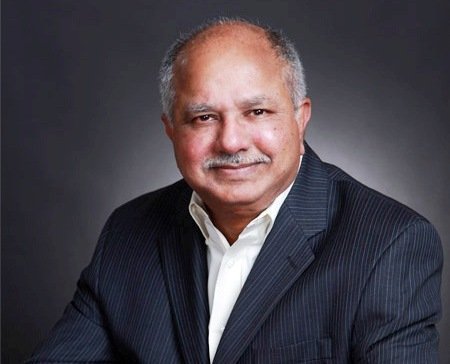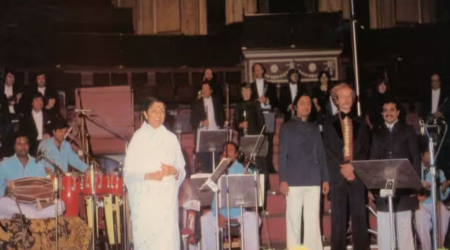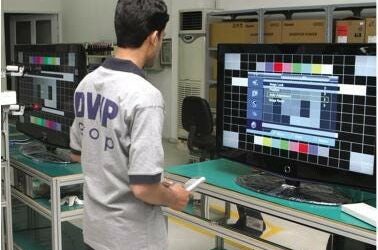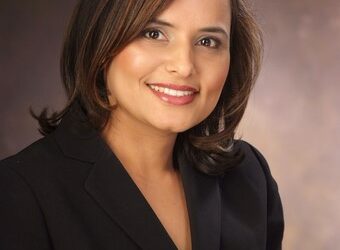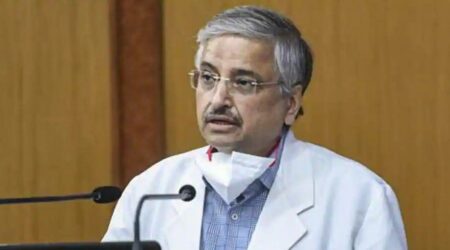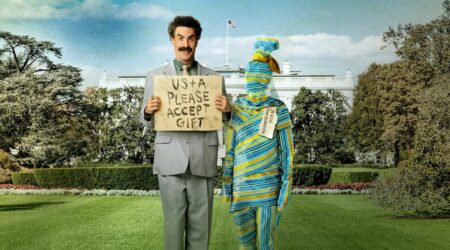New York: Professor Dabbala
The event hosted by the Computer History Museum in Silicon Valley was attended by over 1,000 people — inventors, entrepreneurs, professors, computer scientists, luminaries — from across the world.
“Raj is the father of speech understanding,” said AI pioneer Ed Feigenbaum, who founded the Heuristic Programming Project and Knowledge Systems Laboratory at Stanford University.
Feigenbaum recalled his first meeting with Reddy, in January 1965, at Stanford when he saw “a thin Indian graduate student” displaying and analyzing speech on the Programmed Data Processor (PDP) computer.
That graduate student would go on to win the Turing Award, known as the Nobel Prize of Computer Science, in 1994 for his work in the field of artificial intelligence.
In India, Professor Reddy helped launch the Rajiv Gandhi University of Knowledge Technologies and International Institute of Information Technology, Hyderabad, to help support the underprivileged.
India honored Reddy with the Padma Bhushan, the country’s third-highest civilian award, in 2001.
In his acceptance speech at the Computer History Museum event, Reddy thanked his family for their support and for tolerating his seven-days-a-week work.
He reminisced about growing up in a village of 500 people in Andhra Pradesh without water or electricity or doctors. The village had just a one-room primary school. There was no paper or pencil to write so they used to write on the sand.
Reddy, founding director of Carnegie Mellon’s Robotics Institute and a former dean of the School of Computer Science, developed the first system capable of recognizing continuous speech, and his research team developed many of the concepts underlying modern commercial speech recognition technology.
“Unfortunately, half the world does not yet benefit from the technologies we are helping to create,’ Reddy said. “It is my hope that the spoken language technology pioneer CMU can empower people who cannot read or write.”
He said he hoped that speech recognition technology would help those at the bottom of the pyramid, and that they would be able to use spoken dialogue systems in their native languages to access services such as banking, e-commerce, and telemedicine even if they cannot read.
“Looking further in the future I see the emergence of personalized guardian angels that will get the right information to the right people at the right time in the right language with the right level of detail,” Reddy said.
Referring to the 2004 tsunami in the Indian Ocean that killed 300,000 people, Reddy said: “With personalized guardian angel technology we could have warned people in the impacted zone that there is imminent danger in their language and that could have averted and alerted the fishermen…. We need to create an all-knowing and seeing guardian angel platform.” (Source: cacm.acm.org)


